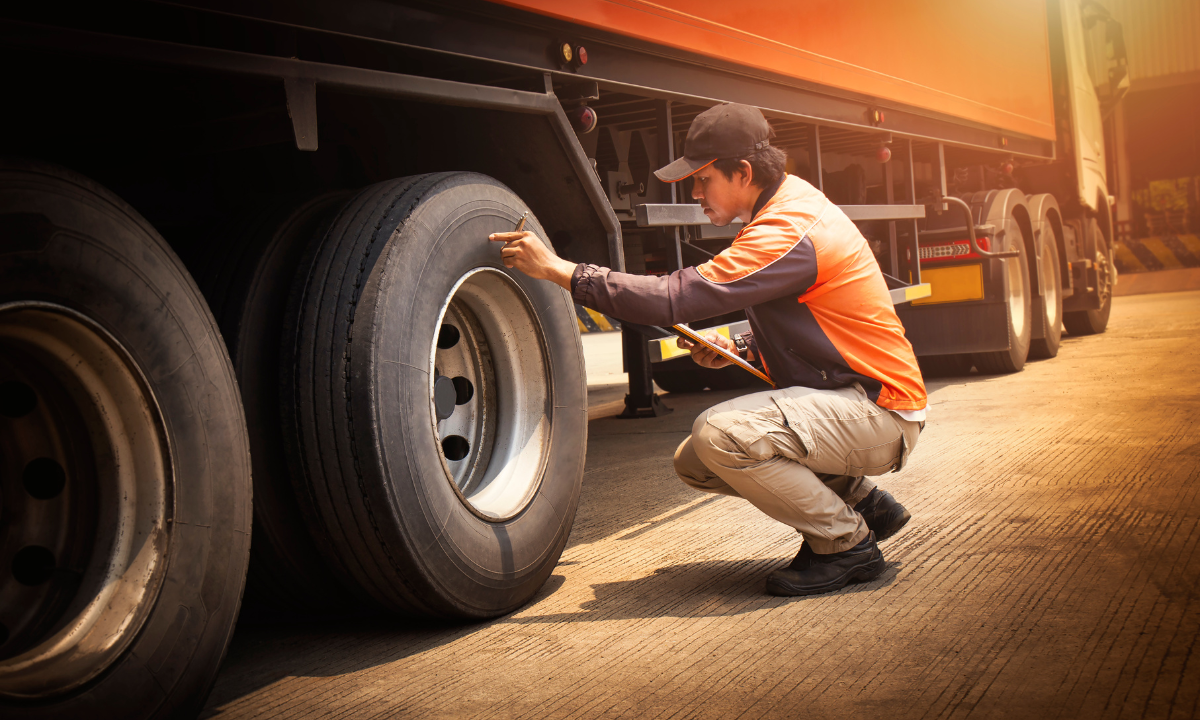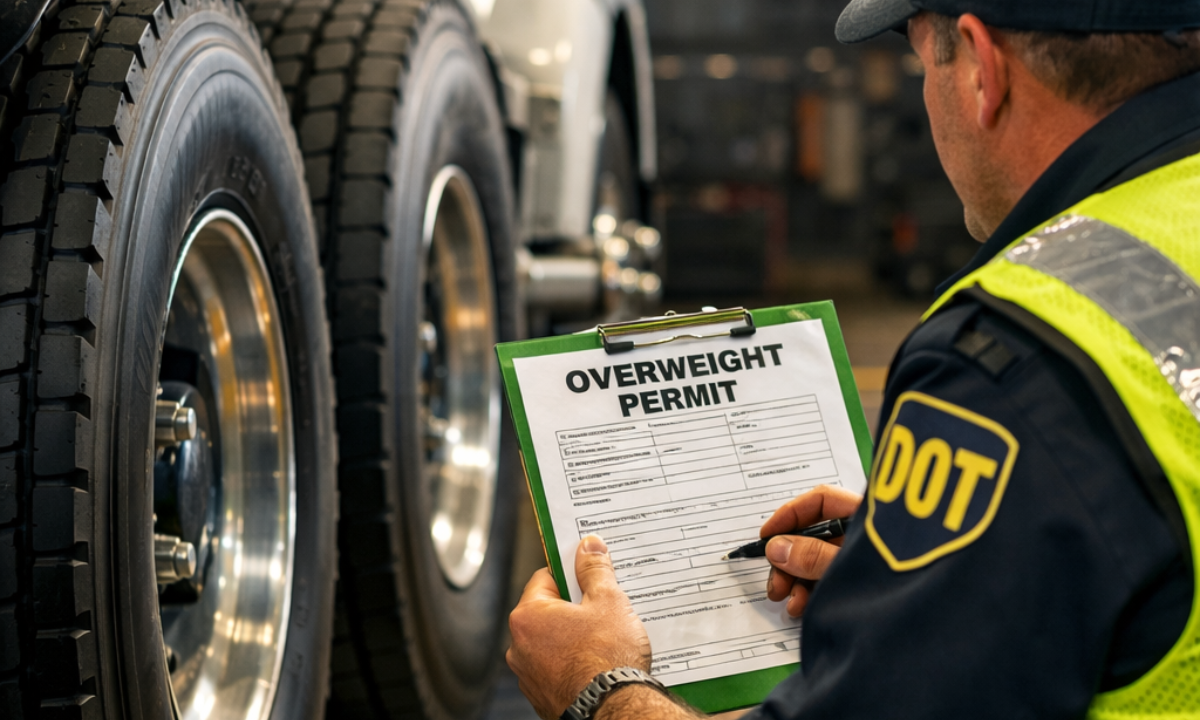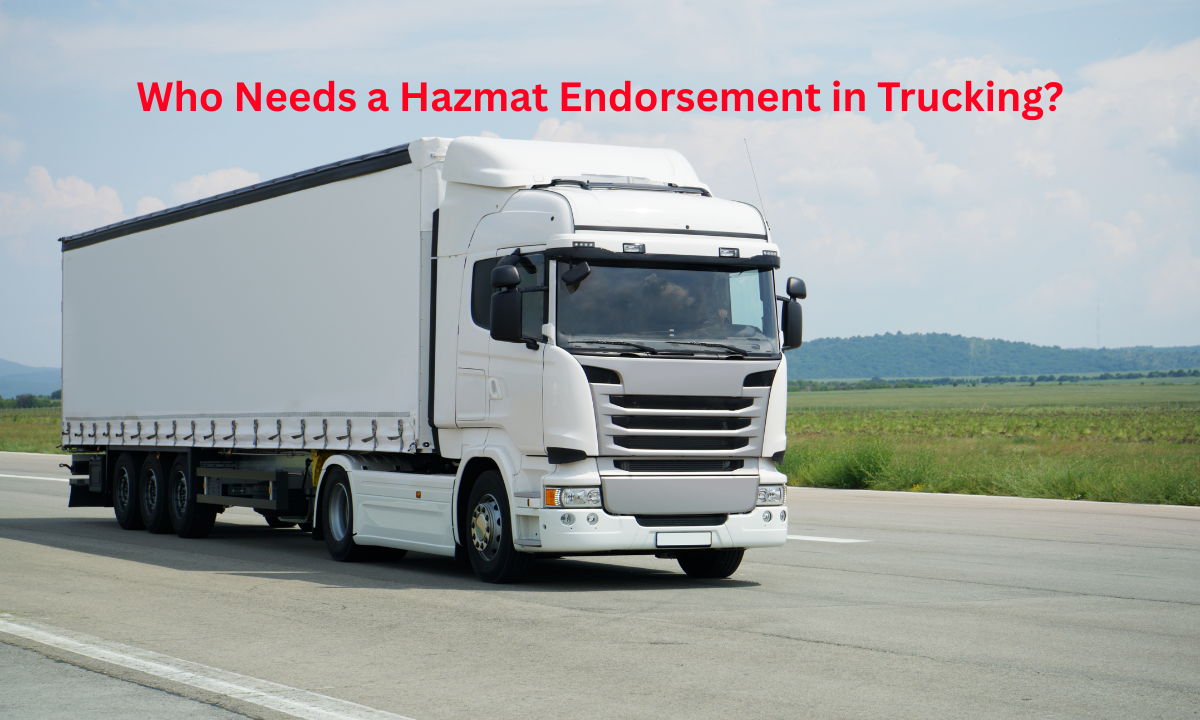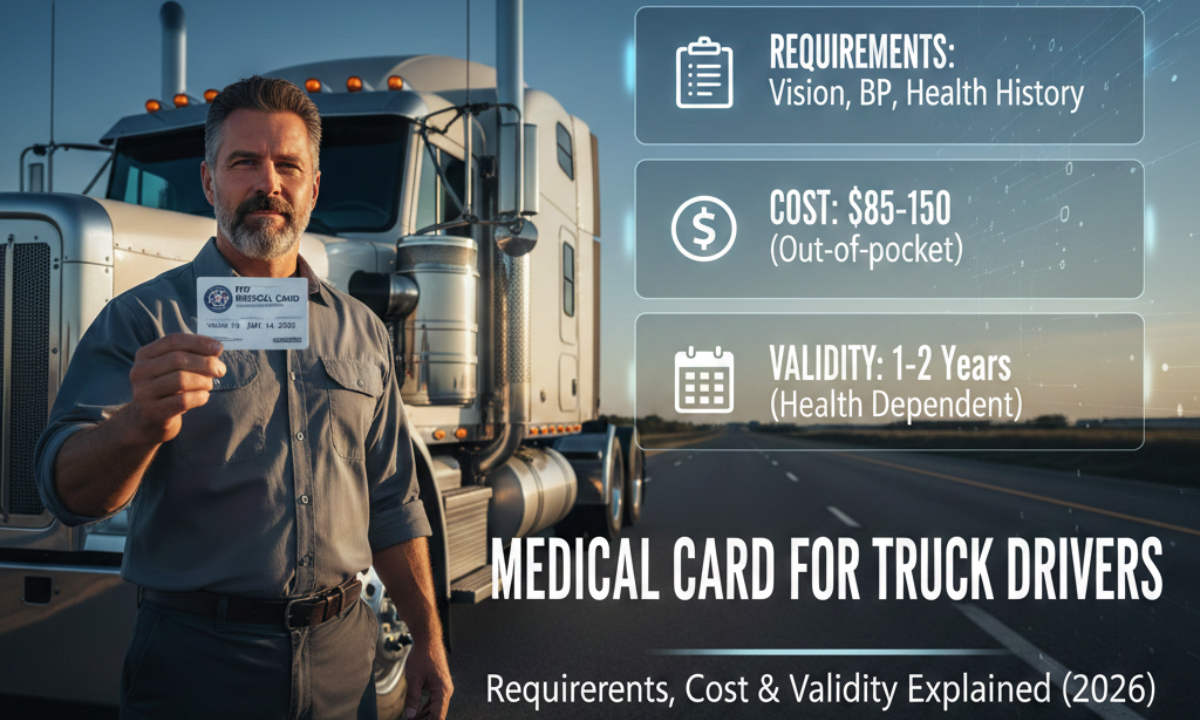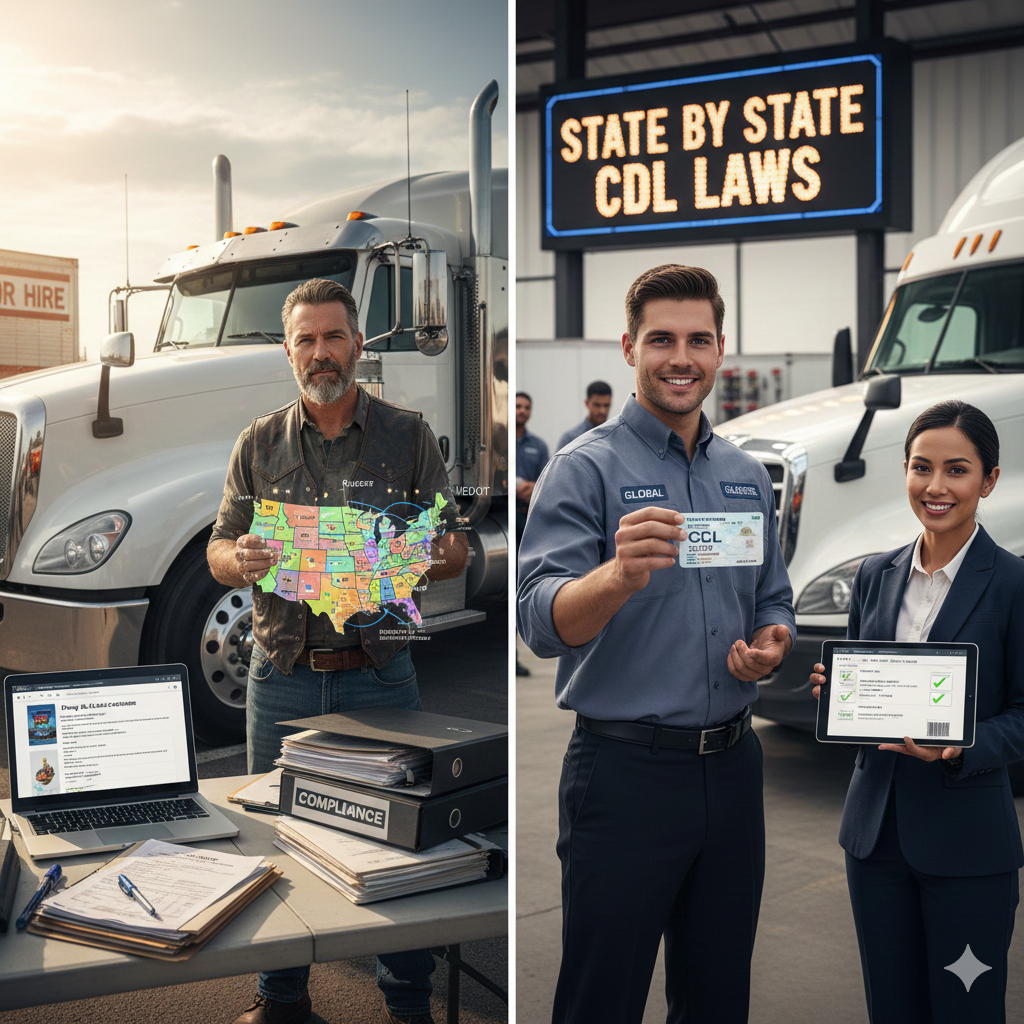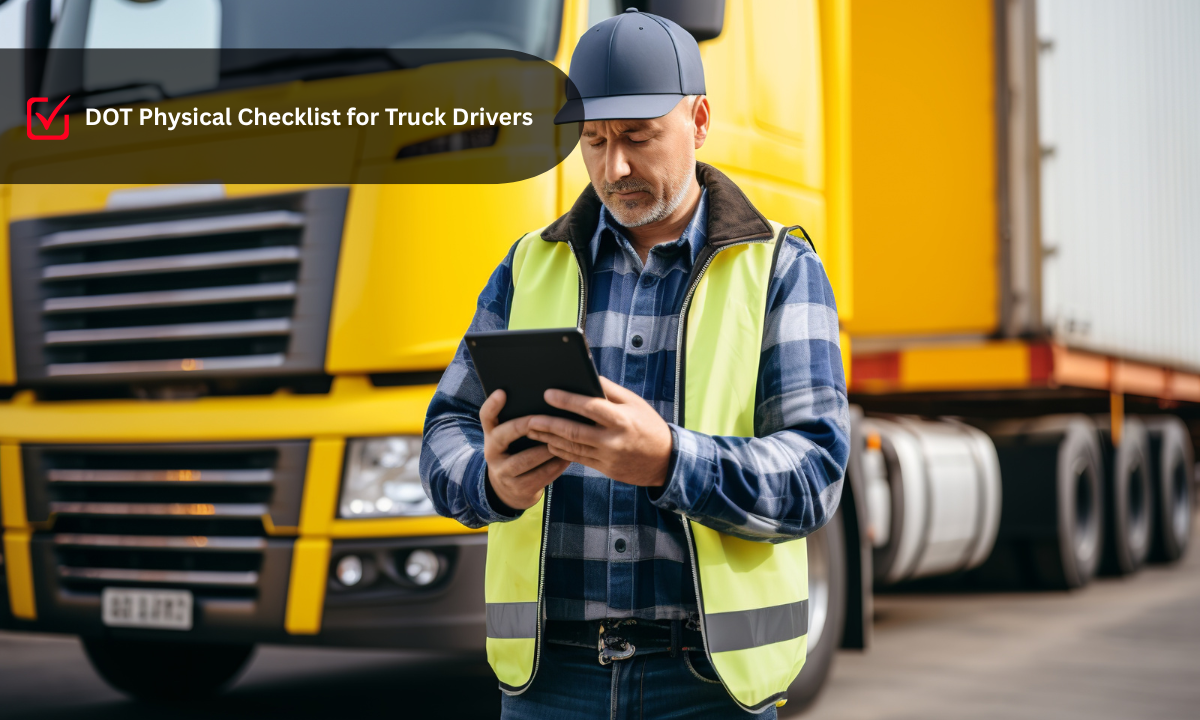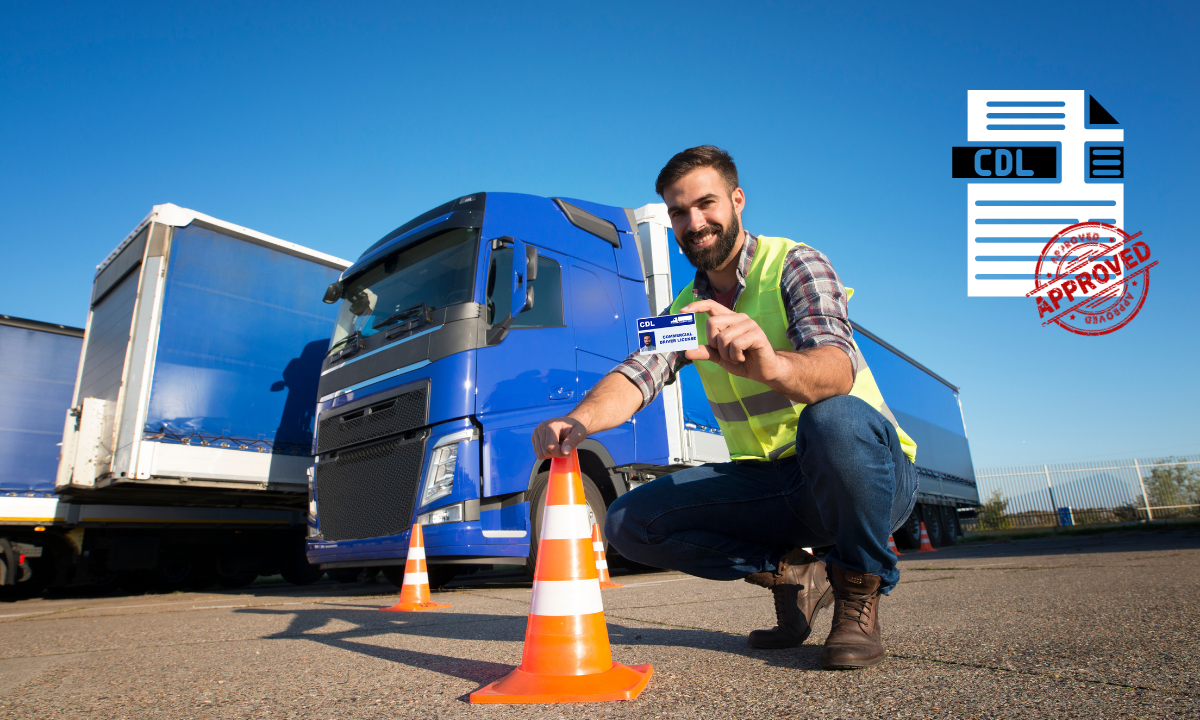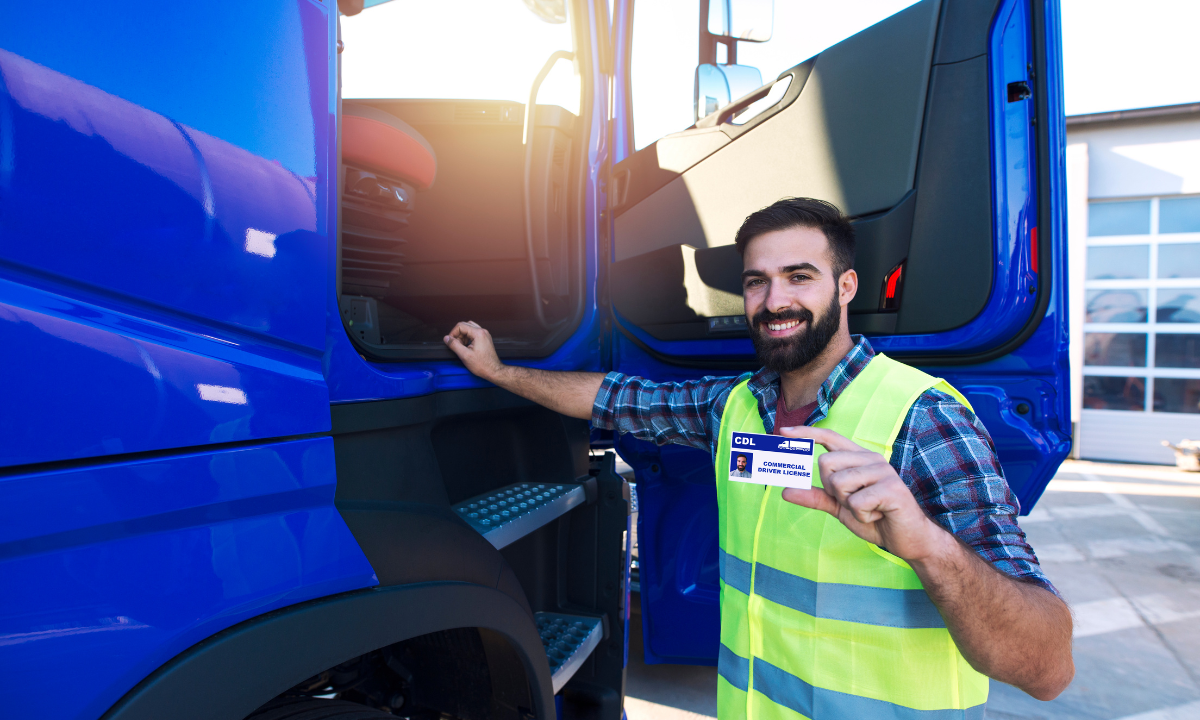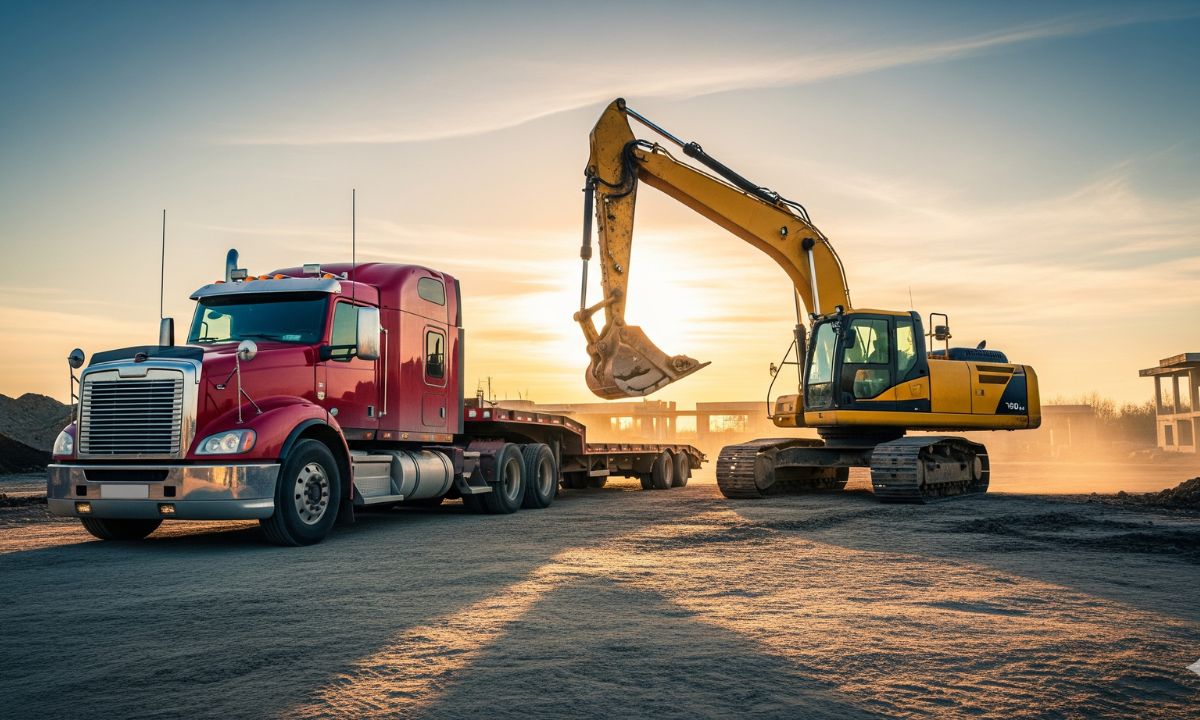What kind of truck and equipment will I be driving?
Trucks and Equipment Understanding in the Trucking Industry
The very first factor that the drivers would consider at the time of stepping into a trucking company is what type of truck and equipment he/she is going to handle while working with the company. The characteristics of the vehicle, the technology, the safety, and comfort amenities directly affect the driver performance, job satisfaction, and overall efficiency over the road.
Truck Types Available within the Industry
Trucking companies typically deploy a mix of Class 8 heavy-duty trucks dedicated to very long hauls with heavy loads. Common ones include:
- Dry Van Trucks, which move general freight only in enclosed trailers
- Reefer Trucks, which carry temperature-sensitive freight with refrigeration units
- Flatbed Trucks, designed for oversized loads, such as machinery, construction materials, and larger equipment
- Tank Trucks, which deliver liquids such as fuel, chemicals, or food-grade materials
- Special Types, which comprise car hauliers, livestock carriers, and heavy-haul rigs amongst a few that provide the necessary arrangements for unique freight needs.
Popular Truck Brands and Models
All such large carriers provide these well-running fleet vehicles of these giant manufacturers to the drivers, including
- Freightliner Cascadia is fuel efficient and reliable.
- Volvo, mainly VNL Series– comes with superior safety systems and driving comfort.
- Peterbilt 579 has proven popular for long-haul operations, especially with strong durability.
- Kenworth T680 now has ultra-modern aerodynamics along with well-designed interiors.
- International’s Latest LT Series-Focused max uptime, connectivity, operational excellence.
These trucks are regularly updated according to the latest emissions and safety technologies put in place by federal regulations for compliance and sustainability.
Equipment-wise and Safety Features
Modern trucking companies nowadays invest in state-of-the-art equipment that takes care of drivers on the job. The following constitute the key features:
- Automatic transmissions mean less fatigue on the driver and fuel-efficient movement.
- Collision Mitigation Systems: Road safety on board is folly in the way of enhancement through sensors and cameras.
- Electronic Logging Device (EDL): Keeping HOS compliant.
- GPS and Telematics Systems: Help drivers navigate effectively and keeps track of loads.
- Comfort features include ergonomic seats, sleeper cabs with climate control, and infotainment systems.
Specific Equipment for Specific Loads
Depending on the type of freight, companies may provide specialized trailers and attachments:
- Step-Deck Trailers for those taller loads that will need some more clearance.
- For those regions of freight with an enormous volume, there are double or triple trailers.
- Lowboy Trailers for heavy machines and oversized cargo.
- Hazmat-ready equipment is intended for drivers certified to handle hazardous materials.
This guarantees the best possible truck-trailer combination for the maximum safety and efficiency of the shipment.
Effect of Equipment on Driver Experience
The quality of trucks and the kind of equipment provided might have a considerable effect on retention and satisfaction of drivers. Safe living space and modern safety systems are those qualities that make long haul driving easy, outdated fleets on the contrary create high turnover. The forward-thinking companies keep their fleet improved from time to time in order to give the drivers the best experience possible.
Maintenance and Reliability Standards
Carrier’s fleet maintenance schedules most respected with inspection maintenance periods, road fixes 24/7, and their own repair depots. A well-maintained truck not only makes things safer but also fails to leave much room for downtime and delays that could wreak havoc on delivery schedules and, in turn, profit.
Final Remarks
It is indispensable to understand what type of truck and equipment a company provides before taking up a driving position. Whether it’s a reefer, flatbed, dry van or tanker, drivers need to look critically at what technology, comfort and safety features are provided. A modern, reliable truck will ensure compliance with regulations but will also offer a successful and satisfying life on the road.
Disclaimer: The information provided in this blog post is for general informational purposes only. While we strive to keep the content accurate and up to date, we do not guarantee its completeness, reliability, or accuracy. Any actions you take based on this information are strictly at your own risk. We are not responsible for any losses, damages, or inconveniences that may arise from the use of this blog.


